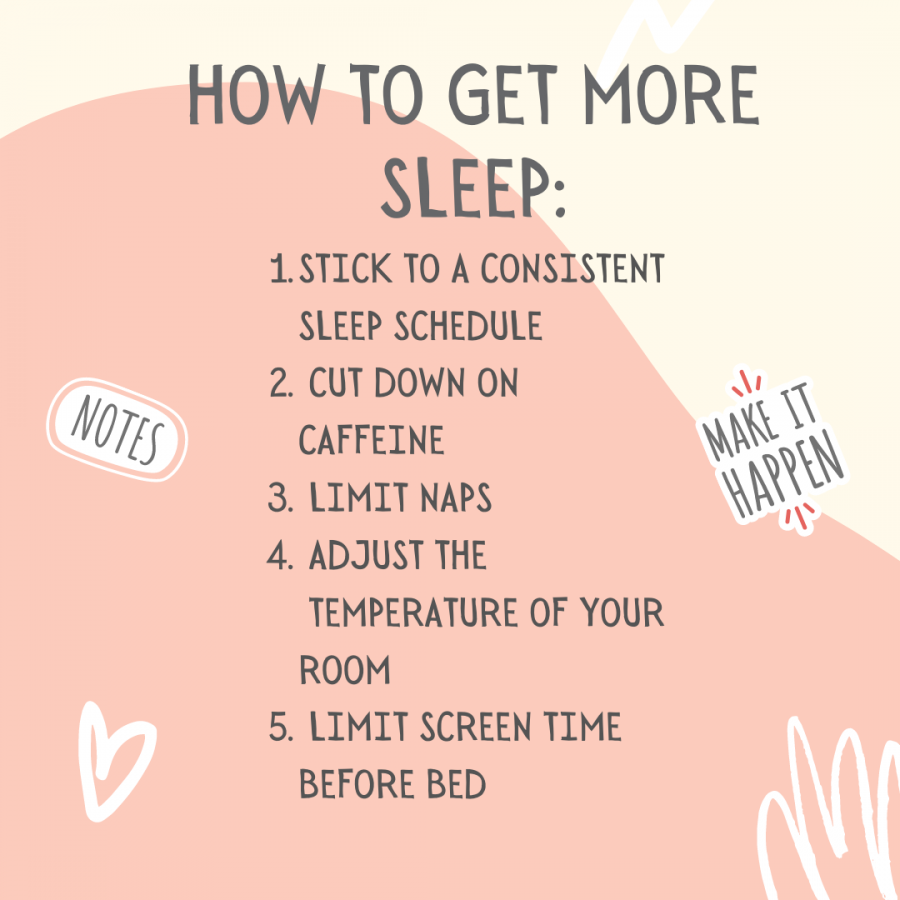The Complex Relationship Between Sleep and Mental Health
Getting enough sleep is important for health and wellness. These five tips can help you solve small sleep difficulties.
Lack of sleep is one of the most common symptoms of depression among teenagers. This is true for adults too, with 92 percent of people with depression complaining of sleep challenges, according to the National Library of Medicine.
In a study published in 2020, Faith Orchard, a psychologist at the University of Sussex, studied the data from a large group of teenagers from the ages of 15 to 24. Those who reported sleeping problems at the age of 15, but did not have depression or anxiety at the time, were more likely than their peers to be experiencing anxiety or depression later in life.
Researchers are also looking at the relationship between sleep disorders and other mental health conditions.
Russell Foster, an Oxford University neuroscientist has found that the link does not just occur with depression. He found that the disruption of our natural sleep cycle is not uncommon among those with bipolar disorder and schizophrenia.
According to British author and psychology lecturer, Claudia Hammond, there are specific techniques that are the most effective for getting sleep. These include ensuring you’re getting enough light during the day, not napping longer than 2o minutes, not eating or drinking caffeine before bedtime, keeping the bedroom cool and quiet and trying to get up and go to bed at the same time each day.
“Personally, I like to sleep with a weighted blanket. I find that it helps me go to sleep faster. I also try not to use my phone before bed. I put my phone down a half-hour before going to bed and read or make crafts to pass the time,” senior Mikayla Burns said.

















































